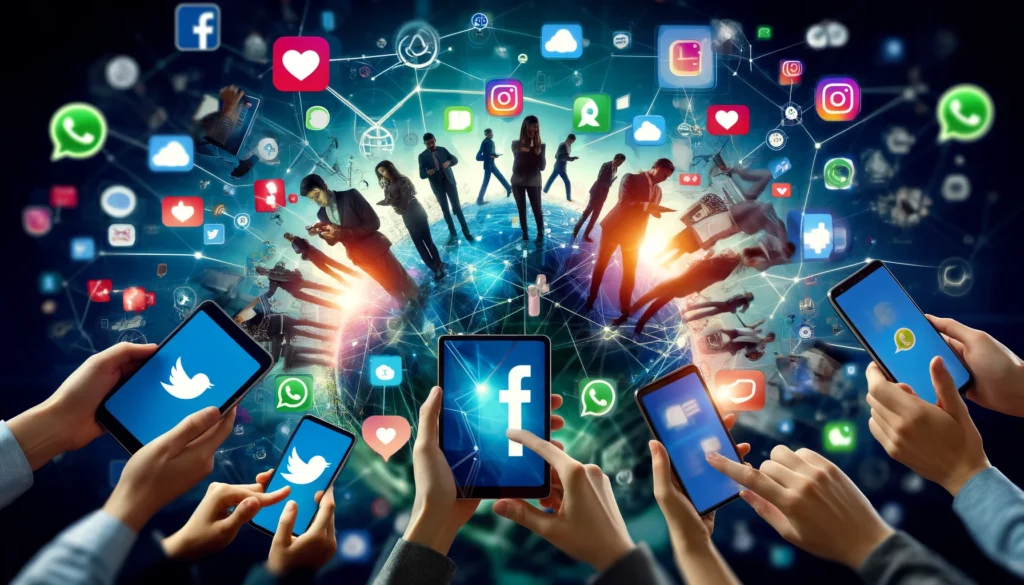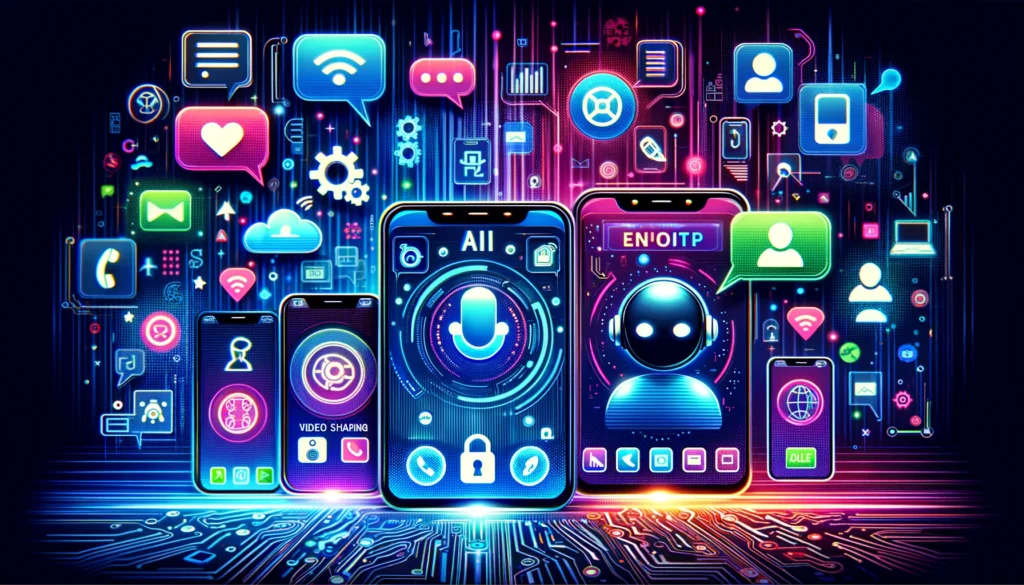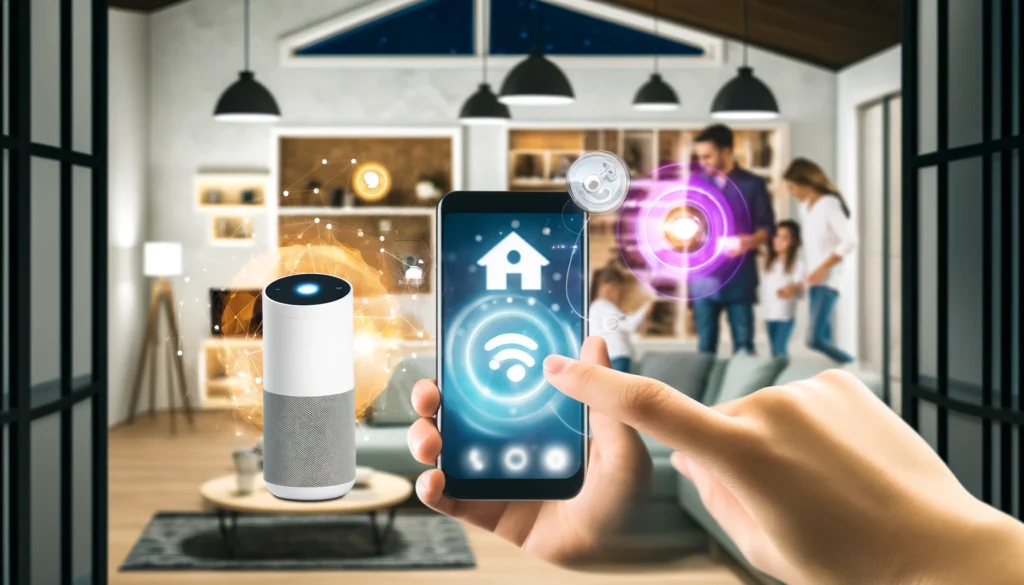In times where even grandparents are becoming influencers, the ways we connect, communicate, and maintain relationships have been transformed by technology. Social media platforms, messaging apps, and various other digital tools have fundamentally reshaped the landscape of social interactions. This article explores how these apps influence our social relationships, examining both the positive and negative impacts and considering the future of digital social connectivity.
The Evolution of Social Connectivity
Early Days of Digital Communication
The inception of digital communication can be traced back to the advent of the internet and email in the late 20th century. These early forms of communication laid the groundwork for more sophisticated social networking platforms that emerged in the early 2000s. Platforms like Friendster and MySpace were pioneers, enabling users to create profiles, share updates, and connect with friends.
Rise of Social Media Platforms
The launch of social media giants such as Facebook, Twitter, and LinkedIn marked a significant turning point. These platforms revolutionized how people connected, enabling users to create profiles, share updates, and interact with friends and strangers alike. Facebook became a central hub for social interactions, allowing people to share life updates, photos, and connect with others. Twitter offered a platform for real-time conversations and news sharing, while LinkedIn focused on professional networking, helping people build their careers and connect with industry peers.
The Explosion of Messaging Apps
Following social media, the development of messaging apps like WhatsApp, WeChat, and Messenger further enhanced digital communication. These apps offered instant, real-time connectivity, allowing users to maintain conversations regardless of geographical distances. WhatsApp became a global phenomenon, providing a simple interface for texting, voice calls, and video chats. WeChat, particularly popular in China, combined messaging with social networking, payment services, and more, creating a comprehensive digital ecosystem.
How Apps Shape Social Relationships
Building and Maintaining Relationships
Accessibility and Convenience
One of the most significant advantages of social apps is their ability to keep people connected regardless of physical distance. Whether you’re living in different cities or on opposite sides of the world, apps like WhatsApp, Facebook, and Instagram make it easy to stay in touch with friends and family. For example, Facebook allows users to share life updates and photos, making it feel like distant friends and family are part of your daily life.
Enhanced Communication
Messaging apps offer various modes of communication, including text, voice, and video calls, providing a richer and more nuanced interaction. The ability to share photos, videos, and voice notes adds depth to digital conversations, making them feel more personal and engaging. For instance, Snapchat introduced the concept of ephemeral messaging, where messages and photos disappear after being viewed, creating a sense of immediacy and intimacy.
Social Support Networks
Social apps also play a crucial role in providing emotional and psychological support. Online communities and support groups, often formed on platforms like Reddit or Facebook, offer spaces where individuals can share their experiences and seek advice and encouragement. For example, Reddit’s “r/Depression” community provides a supportive environment for individuals dealing with depression, where they can find understanding and resources.
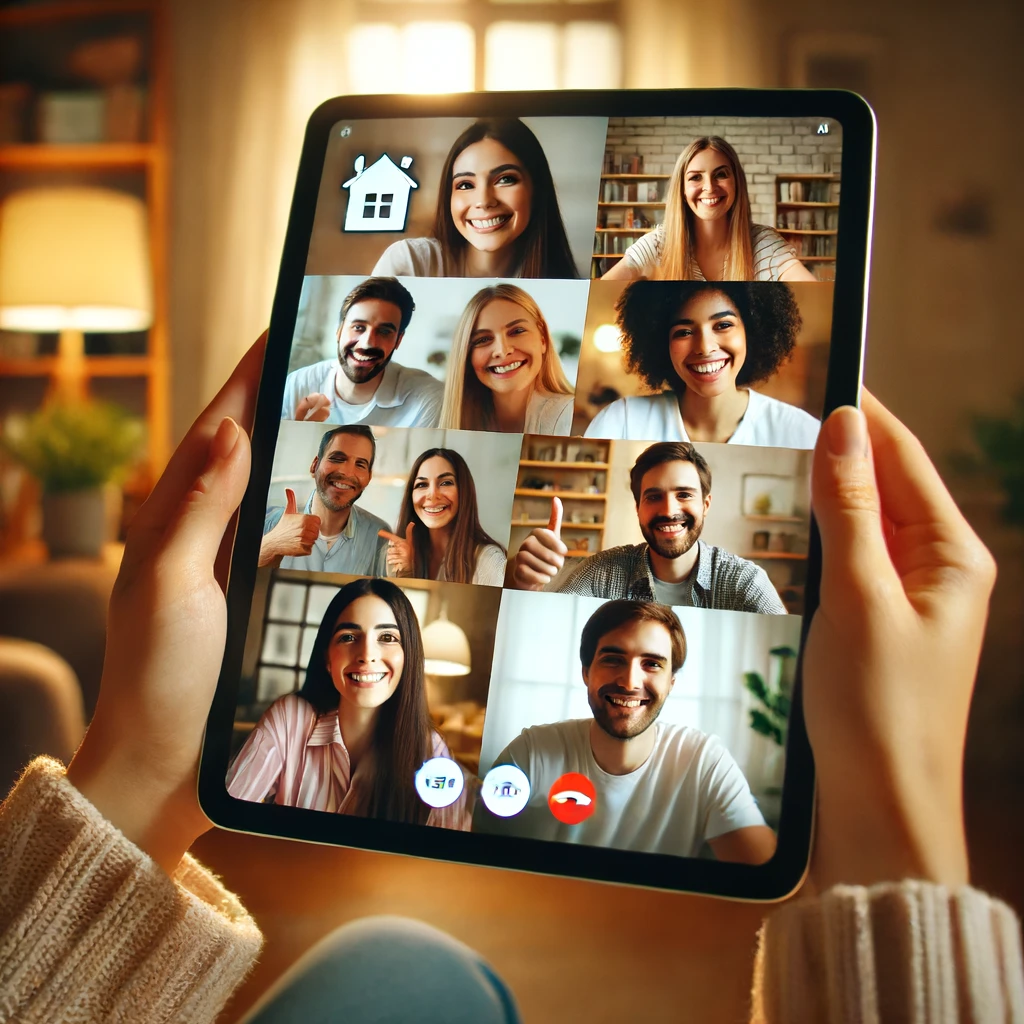
Creating New Connections
Expanding Social Circles
Social networking apps have made it easier than ever to meet new people and expand social circles. Platforms like LinkedIn facilitate professional networking, while apps like Bumble BFF and Meetup are designed specifically for making new friends and finding people with similar interests. Meetup allows users to find and join local groups that align with their hobbies and interests, such as hiking, book clubs, or tech meetups.
Online Dating
The realm of romantic relationships has been significantly impacted by dating apps like Tinder, Bumble, and OkCupid. These platforms have transformed how people meet and form romantic connections, offering a new avenue for finding partners. Tinder’s swipe-left-or-right feature revolutionized the dating scene, making it easy to browse potential matches quickly and connect with them.
Enhancing Social Experiences
Event Planning and Coordination
Apps such as Eventbrite and Facebook Events simplify the process of organizing and attending social events. These platforms enable users to discover local events, RSVP, and coordinate with friends, enhancing social engagement and participation. Eventbrite offers tools for event organizers to manage ticket sales and promote events, making it easier to reach a larger audience.
Shared Interests and Hobbies
Interest-based social apps like Goodreads for book lovers, Strava for athletes, and Discord for gamers create communities centered around shared passions. These platforms foster deeper connections through common interests, enhancing the quality of social interactions. Goodreads allows users to share book recommendations and reviews, fostering discussions about literature. Strava provides a platform for athletes to track their workouts, share progress, and compete in challenges, creating a sense of camaraderie among fitness enthusiasts.
The Impact of Social Apps on Relationships
Positive Impacts
Staying Connected
The primary benefit of social apps is their ability to keep people connected, maintaining relationships that might otherwise fade due to distance or busy schedules. Regular communication, even if it’s just a quick text or a shared meme, helps sustain bonds. For example, a family group chat on WhatsApp can keep family members updated on each other’s lives, despite living miles apart.
Broadening Horizons
Social apps expose users to diverse perspectives and cultures. Engaging with people from different backgrounds can broaden one’s worldview, fostering empathy and understanding. Platforms like Twitter allow users to follow and interact with people from various cultural and socio-economic backgrounds, enhancing their understanding of global issues.
Convenience and Flexibility
The convenience of digital communication cannot be overstated. Social apps offer flexibility, allowing users to communicate at their convenience without the constraints of time and location. Apps like Slack enable asynchronous communication in professional settings, allowing team members to stay updated and collaborate regardless of differing time zones.
Negative Impacts
Superficial Connections
While social apps facilitate connection, they can also lead to superficial relationships. The ease of making and breaking digital connections may result in a lack of depth and meaningful engagement. The phenomenon of “friend collecting” on social media, where users accumulate a large number of connections without building deep relationships, exemplifies this issue.
Privacy Concerns
The pervasive nature of social apps raises significant privacy issues. Data breaches, unauthorized data sharing, and surveillance are growing concerns, highlighting the need for better privacy protections. Incidents like the Cambridge Analytica scandal have underscored the risks associated with sharing personal information on social platforms.
Mental Health Implications
Excessive use of social apps can have adverse effects on mental health. Issues such as social comparison, cyberbullying, and addiction to social media have been linked to increased anxiety, depression, and feelings of isolation. The “highlight reel” nature of social media, where users often post only their best moments, can lead to unrealistic comparisons and self-esteem issues.
The Future of Social Connectivity
Emerging Technologies
Virtual Reality (VR) and Augmented Reality (AR)
Emerging technologies like VR and AR have the potential to further revolutionize social interactions. Platforms such as VRChat and Horizon Workrooms offer immersive social experiences, allowing users to interact in virtual environments that mimic real-world interactions. Imagine attending a virtual concert with friends from around the world, experiencing the event as if you were all physically present.
Artificial Intelligence (AI)
AI is playing an increasingly significant role in enhancing social apps. From chatbots providing customer service to algorithms curating personalized content, AI is improving user experiences and facilitating more meaningful interactions. AI-driven recommendation systems on platforms like Netflix and Spotify help users discover content tailored to their preferences, enhancing their overall experience.
Trends and Predictions
Greater Integration of Services
The future of social apps is likely to see greater integration of various services. For example, messaging apps may incorporate more features like e-commerce, payment services, and health monitoring, creating a more seamless user experience. WeChat is a prime example, offering messaging, social media, payments, and more within a single app, making it an indispensable tool in daily life.
Focus on Privacy and Security
As concerns over privacy and data security continue to grow, future social apps will likely prioritize these aspects. Enhanced encryption, user control over data, and transparent privacy policies will become standard features. Apps like Signal have gained popularity for their strong emphasis on privacy and end-to-end encryption.
Continued Growth of Niche Communities
The trend towards niche communities and interest-based social networks is expected to continue. These specialized platforms cater to specific interests and demographics, offering tailored experiences that foster deeper connections. Platforms like Clubhouse, which focuses on audio conversations around specific topics, exemplify this trend.
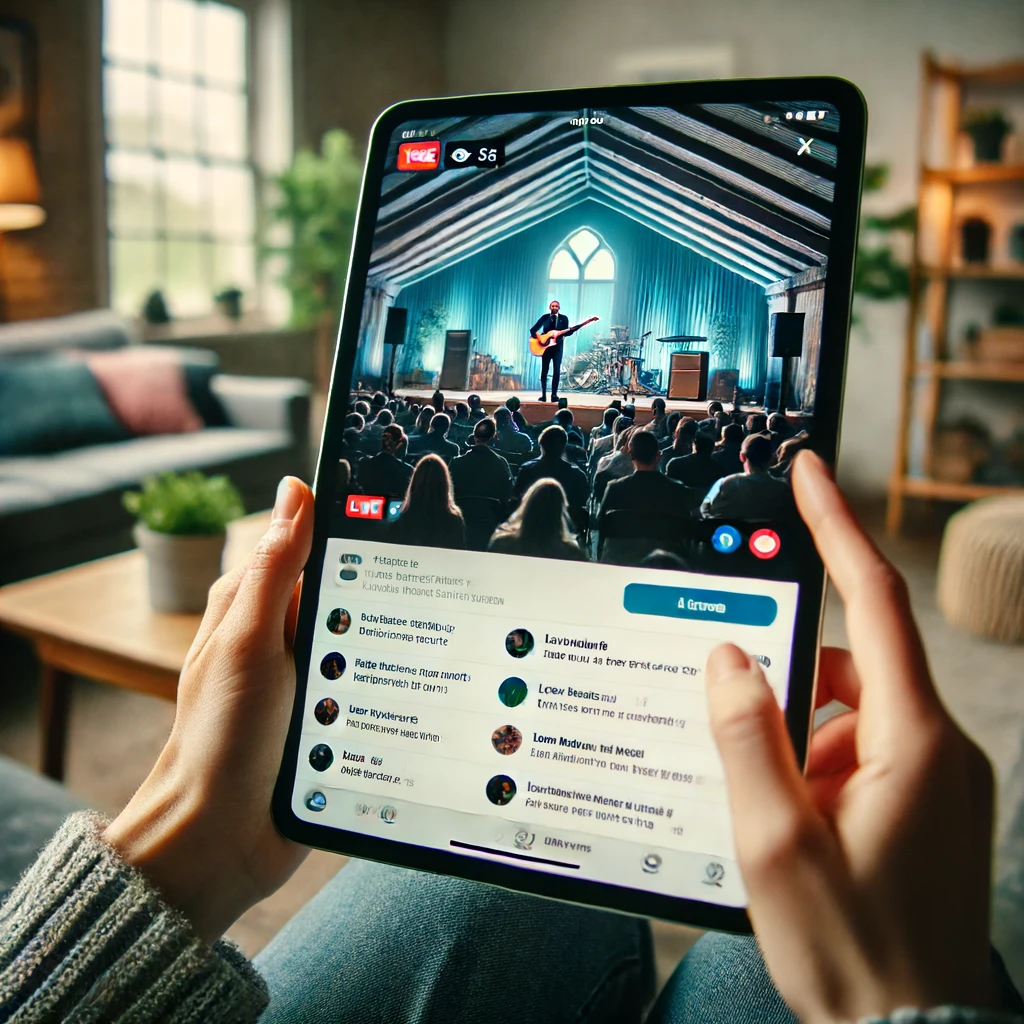
Conclusion
Social apps have undeniably transformed the way we build, maintain, and enhance our relationships. They have broken down geographical barriers, facilitated new connections, and provided platforms for meaningful social interactions. However, they also present challenges, including superficiality, privacy concerns, and mental health implications.
By understanding the benefits and drawbacks of social apps, we can use these tools more mindfully and responsibly. The future of social connectivity promises even more innovative and immersive experiences, with emerging technologies like VR, AR, and AI poised to further enhance our digital interactions.
As we navigate this evolving digital landscape, it’s essential to leverage these tools wisely to create richer, more meaningful relationships. By fostering genuine connections, prioritizing privacy, and balancing our online and offline interactions, we can harness the full potential of social apps to enhance our lives in the digital age.
